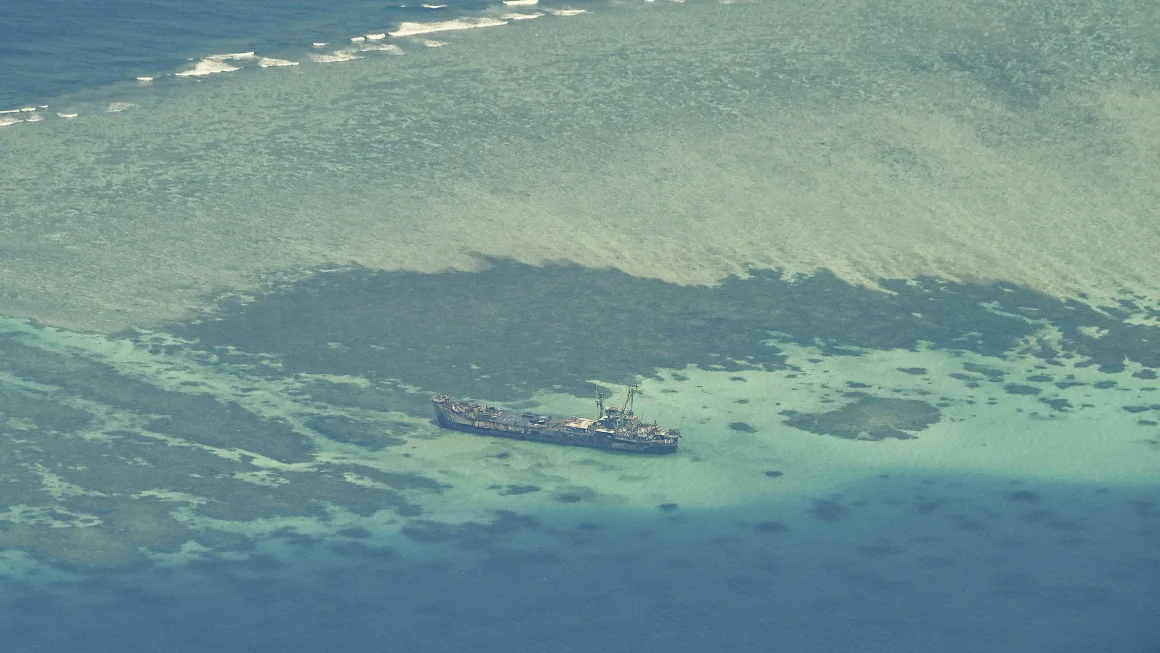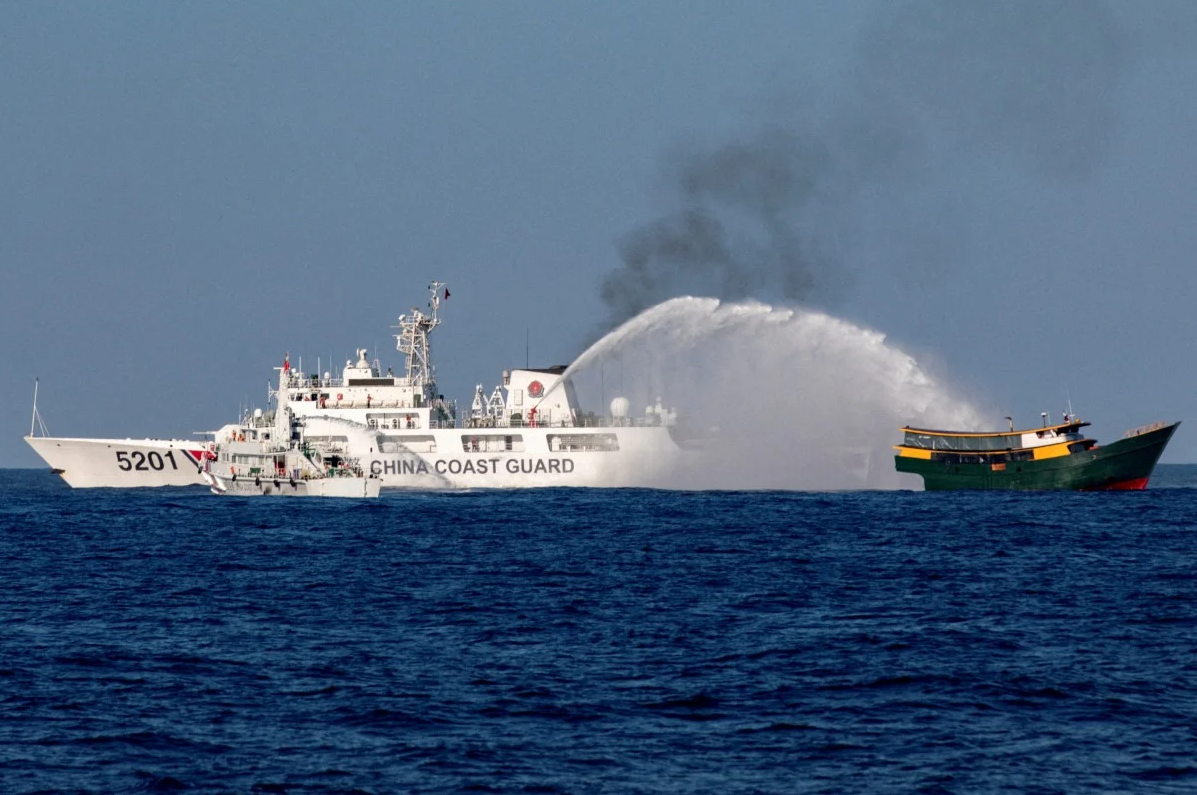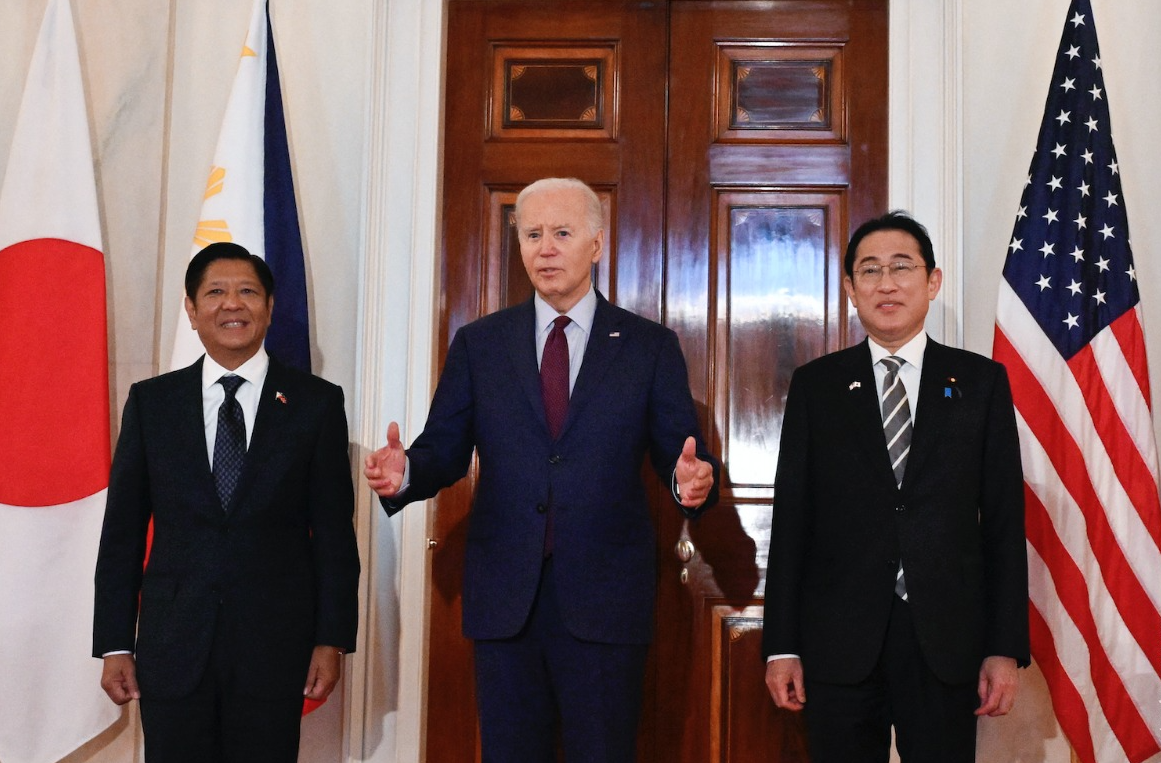
Sebastian Contin Trillo-Figueroa, Geopolitics Analyst in EU-Asia Relations and AsiaGlobal Fellow, The University of Hong Kong
Sep 27, 2024
The Philippines sits at the crossroads of the Pacific and Southeast Asia, navigating its historical ties to the U.S. and proximity to China with extreme care and diplomatic acumen. As China seeks to grow its power this decade, the Philippines will surely play a major role in how things unfold.
Richard Javad Heydarian, Professorial Chairholder in Geopolitics, Polytechnic University of the Philippines
Sep 21, 2024
China wields the largest naval capacity in Asia, and has shown no qualms about deploying it to contest waters in its vicinity. The Philippines sitting so near China have faced the brunt of China’s aggressive actions, and must navigate the situation with great strategic acumen.
Richard Javad Heydarian, Professorial Chairholder in Geopolitics, Polytechnic University of the Philippines
Aug 30, 2024
The Philippines latest round of talks with the U.S. seems to give the impression of a strong shift toward alignment with American interests, but closer examination reveals a pragmatic approach by Ferdinand Marcos Jr. to playing the U.S. against overtures from neighboring China.
Lucio Blanco Pitlo III, President of Philippine Association for Chinese Studies, and Research Fellow at Asia-Pacific Pathways to Progress Foundation
Aug 21, 2024
The Philippines, ever aware of its strategic importance in Asia’s waters, is making moves to strengthen its positions in economy and defense, the latter area being of utmost importance to Manila when looking at the flurry of activity Manila has taken in recent months.
Richard Javad Heydarian, Professorial Chairholder in Geopolitics, Polytechnic University of the Philippines
Jul 26, 2024
The Philippines is at a crucial juncture right now, as the U.S. and China jockey for influence over the strategic waters surrounding the nation. Under new leadership favoring the West, the Philippines risks entangling itself in an escalating struggle between the two global powers.
Du Lan, Deputy Director at Asia-Pacific Institute, China Institute of International Studies
Jun 21, 2024
Through a campaign to smear China, the Marcos government has managed to alienate itself from other countries in Southeast Asia. Working hand in glove with the United States, it will only find itself increasingly isolated from other ASEAN member states.

Lucio Blanco Pitlo III, President of Philippine Association for Chinese Studies, and Research Fellow at Asia-Pacific Pathways to Progress Foundation
Jun 12, 2024
The polemics over a so-called “gentleman’s agreement” between the Philippines and China to manage a bitter row over the South China Sea may confound future diplomatic efforts to handle the spat. China sees Philippine commitment as fleeting,

Lucio Blanco Pitlo III, President of Philippine Association for Chinese Studies, and Research Fellow at Asia-Pacific Pathways to Progress Foundation
May 02, 2024
The U.S., the Philippines, and Japan recently met in Washington for a trilateral summit, where they discussed security, diplomacy, economics, and more. At the meeting, Manila also exemplified a strategic alignment with Washington and Tokyo, particularly in countering China's assertiveness in the South China Sea and pursuing economic diversification away from Chinese dependency.
Richard Javad Heydarian, Professorial Chairholder in Geopolitics, Polytechnic University of the Philippines
Apr 30, 2024
The Philippines under Duterte shifted toward a more neutral position between the U.S. and China, but now under the leadership of Marcos Jr, a more U.S. friendly approach has given rise to more flashpoint issues concerning the Philippines accommodations of U.S. military.
Richard Javad Heydarian, Professorial Chairholder in Geopolitics, Polytechnic University of the Philippines
Mar 22, 2024
In a more perfect world, the Philippines proximity to China and relationship with the U.S. would be a net positive for the Southeast Asian power. Yet as things stand today, the situation leaves the Philippines walking a tightrope between the world’s preeminent superpowers.
Back to Top

- China-US Focus builds trust and understanding between the U.S. and China through open dialogue among thought leaders.
- Our Offerings
- Topics
- Videos
- Podcasts
- Columnists
- Research Reports
- Focus Digest
- Stay Connected
-
Thanks for signing up!
- Get the latest stories from China-US Focus weekly.